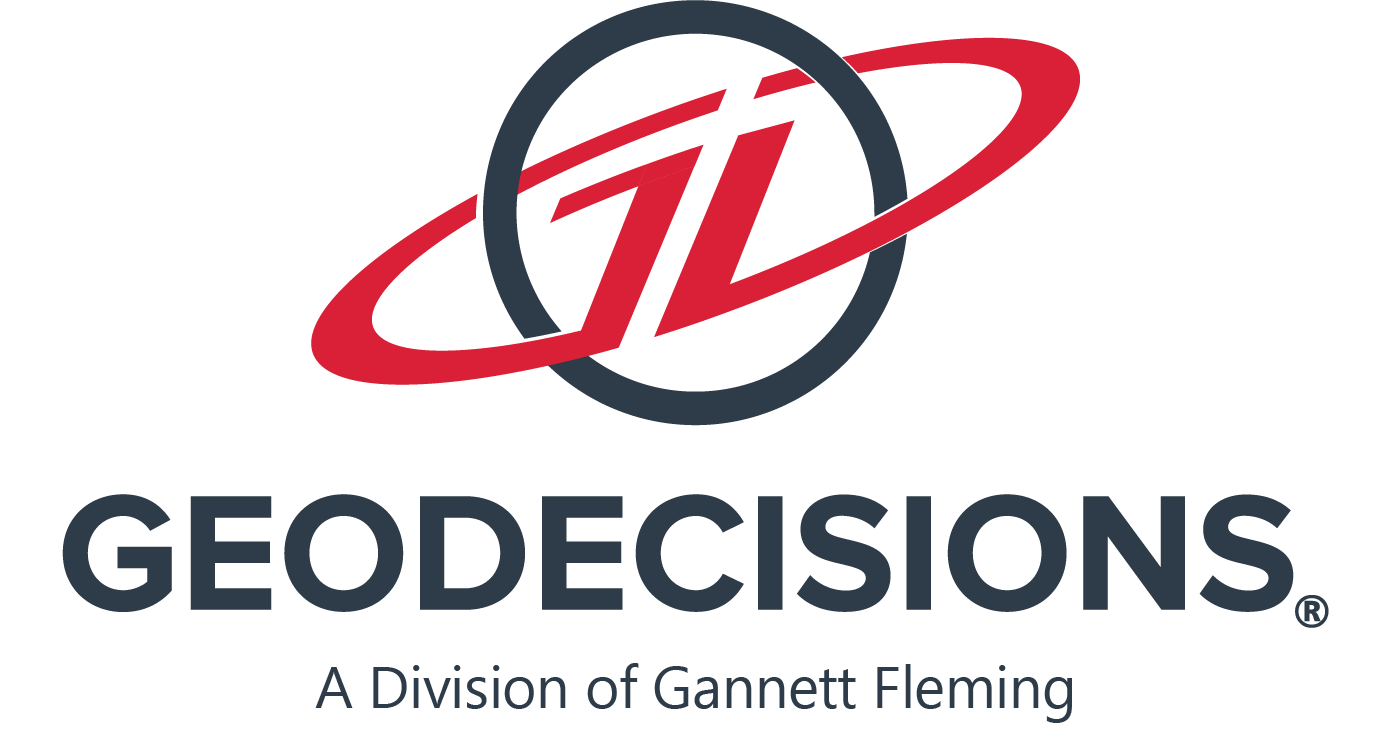Valuable Skills and Qualities for Emerging Spatial IT Professionals (Part 2)
/This is part two of a two-part blog describing important skills and qualities we seek in young spatial IT professionals. The first blog post stressed the value of effective communication skills, maintaining a natural curiosity in a variety of topics, developing enhanced critical thinking skills, and exhibiting confidence. This blog concludes the topic, and adds a final thought regarding what might be, to some, a conspicuous exclusion.
While it goes without saying, as a spatial IT consulting firm, GeoDecisions seeks to employ a competent technical staff. This does not simply imply we look for great “hackers”, but young employees with a well-rounded knowledge of computing. We predominantly employ an agile methodology, but are still required by client-required delivery process standards in a few cases to deliver our solutions leveraging a more traditional approach. Understanding the difference between the approaches, their strengths and weaknesses, as well as how to mitigate their weaknesses, even from an academic perspective, is a great start. Bringing an awareness of tools (scaffolds, scripting, source repository, testing, etc.) remains important knowledge that we hope colleges and universities instill among students transitioning into the workforce. It is important for us to know that applicants are not simply one-dimensional developers, and understand the myriad of data sources and tools they can leverage for spatial data discovery, such as Esri’s ArcGIS Online, to support a project. While reading this may intimidate students and young spatial IT professionals, these areas of knowledge are all quite accessible online with minimal research.
The concluding attribute that GeoDecisions deems important among emerging professionals is the willingness for community involvement. We pursue professionals that are eager to give back to the community through charity and community events. Community involvement requires leadership, and an innate sense of caring that positively impacts the workplace. A sense of volunteerism transcends contributions to community and can positively impact professional achievement. Representing our profession by plying our unique knowledge and skills in the community or on GIS-related professional associations outside of work can be quite impactful. Our industry’s professionals have an incredible amount of knowledge and ability to offer the world. The technology we offer can act as a significant change agent, that is, change for the better. Besides…you need those credits for your GISP anyway!!
You may be thinking, ‘Ahh…what about Cartography?’. I expect a portion of negative reactions to this next statement; however, traditional cartography is quickly becoming less relevant with the pervasive availability of wonderfully rich and inexpensive base map services, as well as the plethora of automated labeling and rendering tools available in desktop GIS software. I find an individual’s graphic sensitivity, and ability to represent simple business data on top of an existing base map that has already been designed and served up, is important. However, this is not in my mind, the traditional cartography geographers used to spend hours and hours in class learning about and applying.
In short, there are six skills and qualities we seek in emerging professional, skills we believe lead to success. The six C’s are: Communication, Curiosity, Critical Thinking, Confidence, Computing and Community Involvement.







